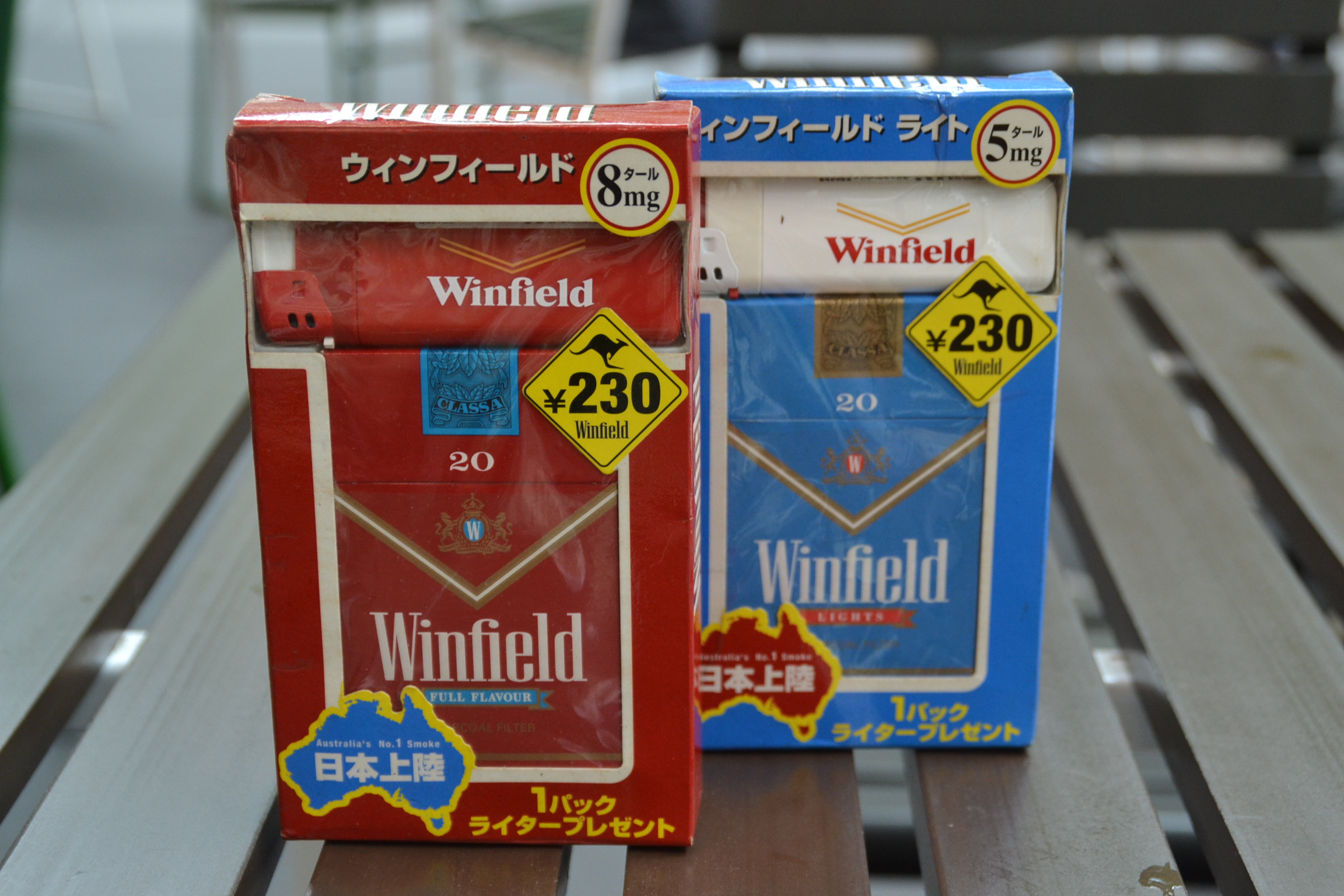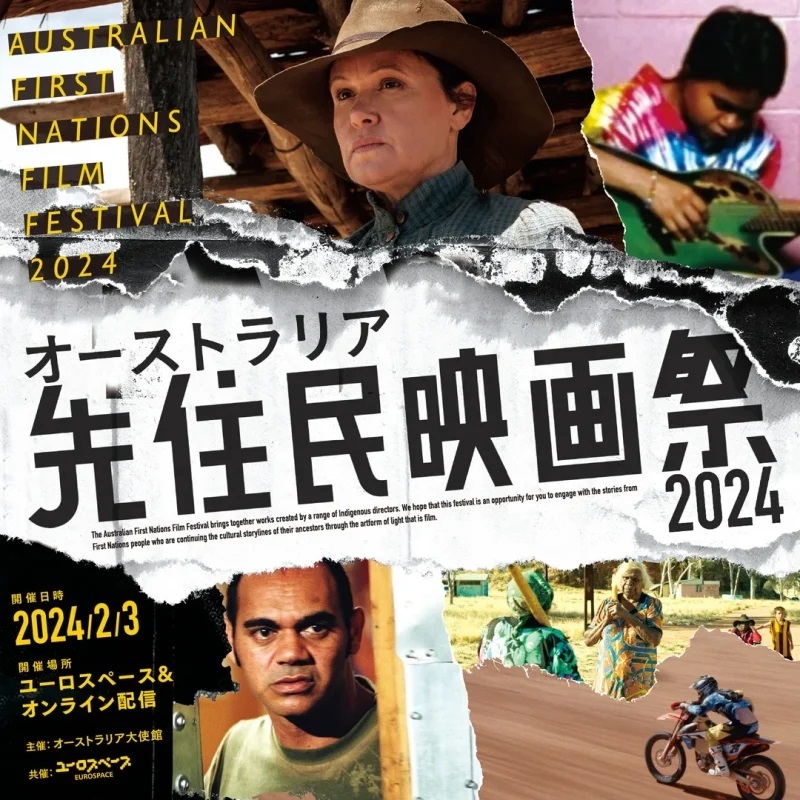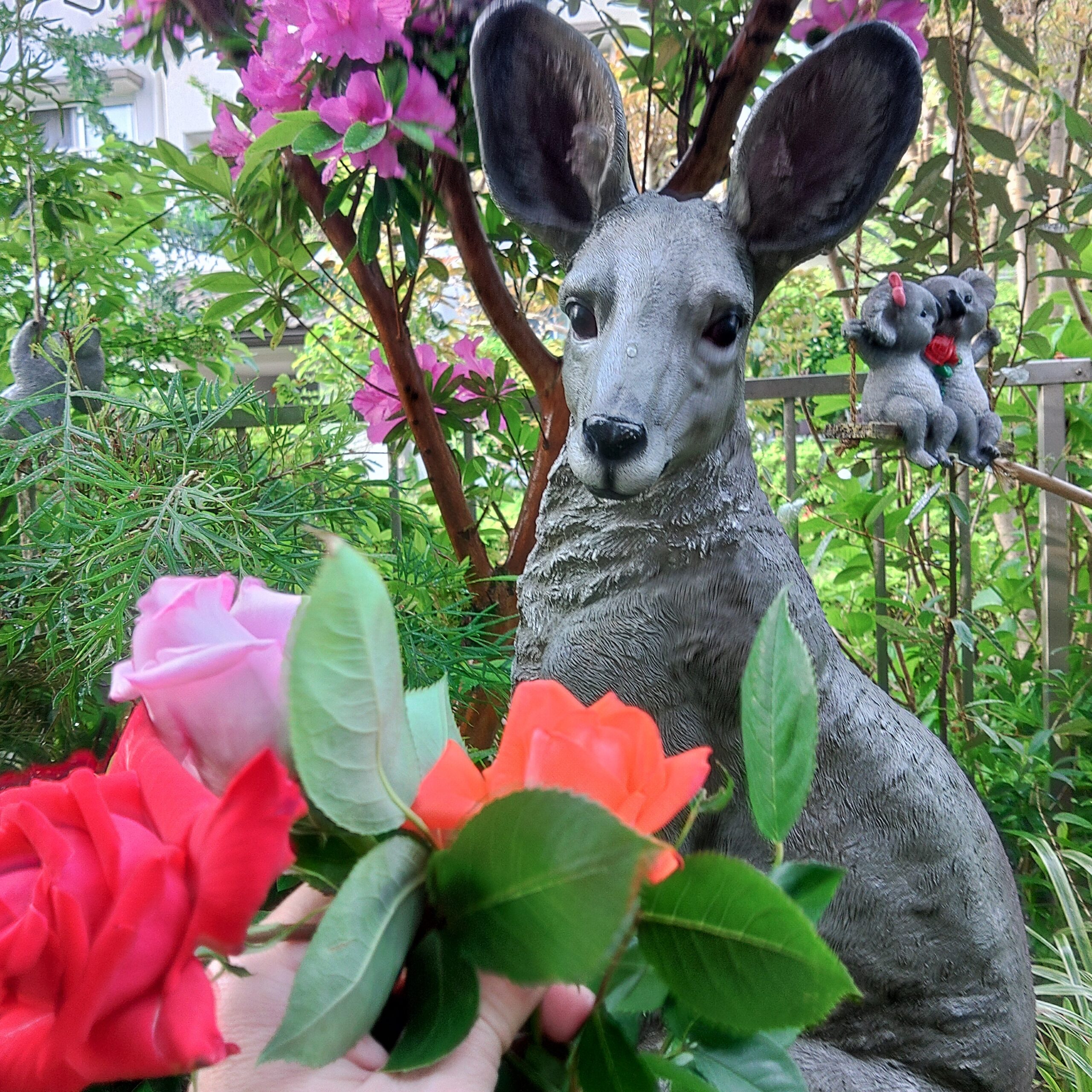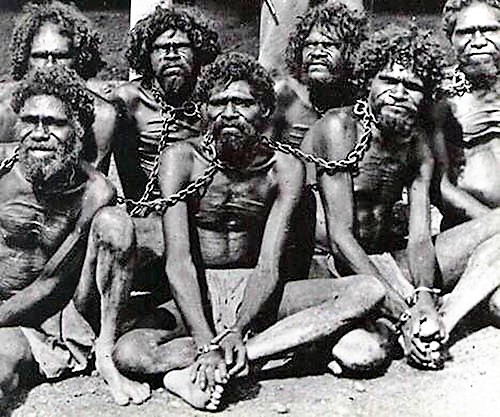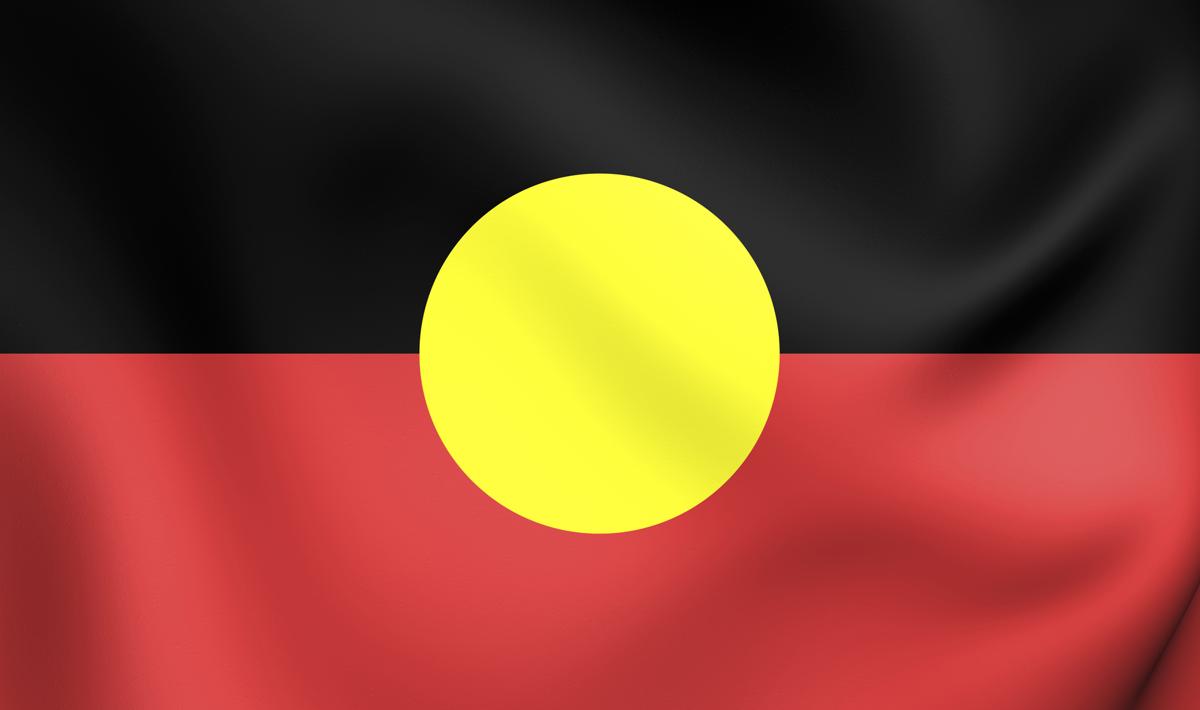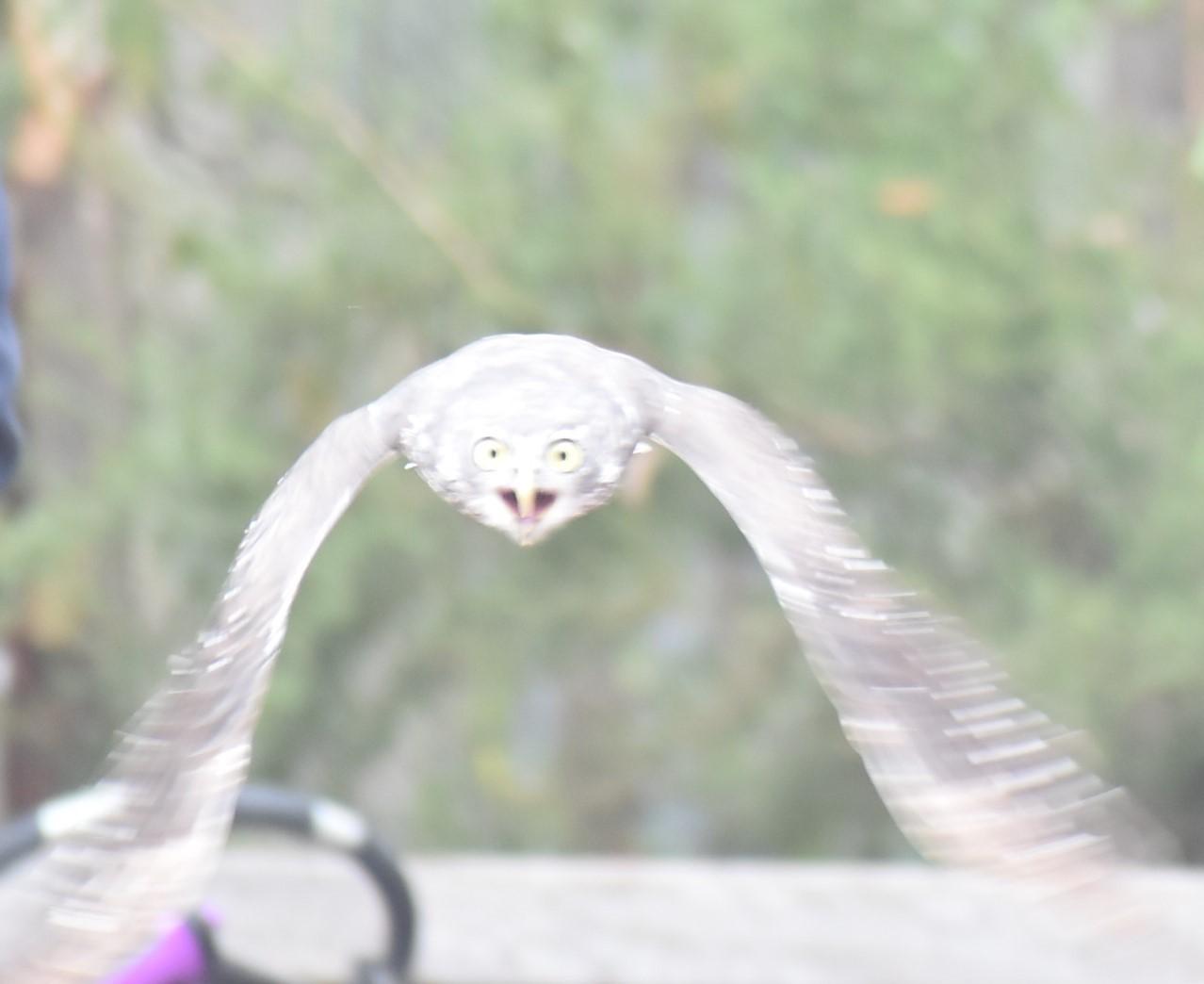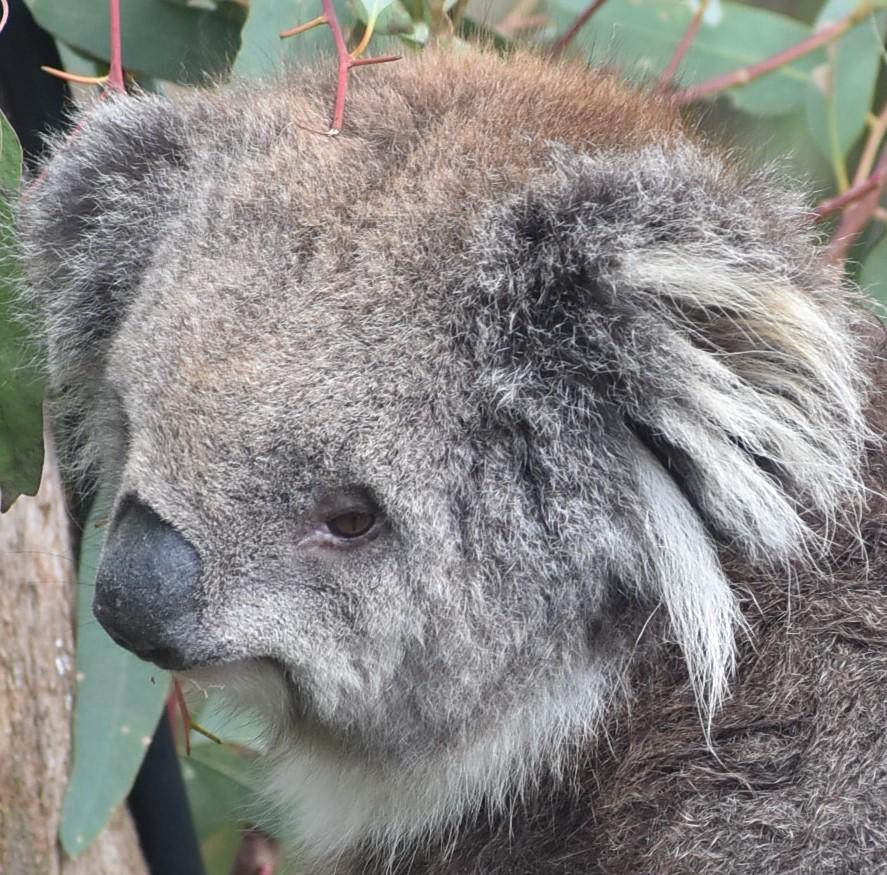A long, long time ago, in a Straya far, far away, Australia briefly exported cigarettes to Japan. It wasn’t that long ago, actually. But for several months in 1994, Paul Hogan, a sometime comedian better-known to international audiences as the star of the deeply regretted the commercials for having inspired so many people to pick up a
1950年代世界を魅了して以降評価が下がれ影響も薄れた邦画同様、1970・1980年代で一時期一世風靡した豪映画も低迷している。 Just as Japanese cinema was globally renowned in the 1950s only to subsequently fall into decline, Australian movies lauded across the world in the 1970s and 1980s can now no longer make much of an impact outside of their homeland. 国内市場が十分に邦画の存在を確保できるに対してオーストラリア国内だけでは商売にならない。今でも大ヒットしても数百万豪ドルの興業収益しか期待できないので、世界的にヒットするクロコダイル・ダンディ、マッド・マックスかムーラン・ルージュやハッピー・フィートなどのような大作以外オーストラリアの映画界がビジネスよりチャリティ見たいな存在だ。 Unlike the domestic Japanese market, however, which is of a scale large enough to support its own industry, the Australian domestic movie business is tiny. This ensures that short of making a hit of the likes of the initial Crocodile Dundee series entries, the Mad Max series or something akin to Happy Feet or Moulin Rouge, a general…
Yahooは、検索エンジン及びポータルサイトとして1990年代のインターネット普及によって世界中に有名な言葉となったが、実は昔からyahooがオージー英語でよく使われている言葉であり、「ふざける」という意味なのだ。 ちなみに、1980年代後半、オーストラリアのコメディがハリウッドを魅了し、ポーホーガン氏のクロコダイル・ダンディ映画シリーズに続き、Yahoo Serious氏というコメディアンが「ヤング・アインシュタイン」という1988作映画を世界中に大ヒットを記録し期待されたが、1990年に入ったら続々と映画がこけ、キャリアが自然消滅してしまった。が、、、ヤフーの登場につれて同氏が再び現れ、同サイトを無断で名前を使用したとして著作違反として訴えたが、敗訴して改めて公の場で見えなくなった。
